Legendary leading lady Sharmila Tagore went from making her debut in iconic award-winning Bengali film Apur Sansar (1959) as a child to becoming one of the greatest leading ladies in Indian cinema history.
The actress also became a symbol of girl power by playing characters ahead of their time, smashing glass ceilings and making the Hindi film heroine sexier. A successful career saw the pin-up mix smaller art films with commercial blockbusters.
She has also been a strong role model, became part of a royal family after marrying Mansur Ali Khan, the Nawab of Pataudi, and is the mother of film stars Saif Ali Khan and Soha Ali Khan.
Eastern Eye caught up with the movie icon to talk about her cinematic journey, which includes some eye-opening revelations.Have you taken a step back to look at your remarkable cinema journey?
I have been asked to write my memoirs. So yes, I have started looking at it, but I must say I haven’t been very focused about that. But I do sometimes look back at my life and
career.
So will the book happen?
Right now I can’t tell you, Asjad. I need a little bit of uninterrupted time, which I don’t get because there is just so much to do. I have so many houses I have to visit, then Pataudi and everything else. So I get distracted. I do quite a lot including speaking engagements, I travel, do endorsements, adverts, so somehow my time just gets interrupted. I have to step out of being Sharmila Tagore and confront me, and then write the book, you know what I mean. (Laughs) So this constant intrusion of Sharmila Tagore becomes a little difficult.
You introduced real girl power into Indian cinema. What was the root of your fearless approach?
I think my upbringing. There were three of us sisters and there was a large age gap between us. Our parents did the best that they could for us. We were never made to feel that we didn’t have a brother. For the longest time, I wasn’t even aware of this gender thing. It’s only when I came to work in cinema much later that I realised there is a lot of discrimination. But I’ve never really experienced any, even when I start working in films. Then I married a man (Mansur Ali Khan) who was not a misogynist. He didn’t believe in that patriarchal set up.
Look back now at the kind of clothes you wore on screen and the roles you took, you were actually empowering women, but at the time it was controversial…
Yes, very controversial. In Kolkata, everybody knew me because of my parents. But what was happening then in the film industry was a different world and very conservative. I came from a very liberal background; the kind of roles that today’s girls are doing, I came from that background. But the film industry wasn’t reflecting that, so there was a difference between the kinds of role I was playing and me. When I played roles like in Devar and Anupama, I played them differently.
What were you like off screen?
In my real life, I wore clothes I wanted to, I swam, I even used to smoke then and had a couple of drinks. My first drink was with my father. So there were no double standards as far as I was concerned. But everybody else around me had a double standard – a lot of the girls, if they had a drink, it would be diluted with Coke so nobody would know they were drinking. They were chaperoned, so there was this hypocritical attitude. I was not chaperoned and used go out alone. But in the long run, everybody accepted me because I did not change. What I was then I am now.
But when you wore a swimsuit, it caused so much excitement…
I realised that being in the public eye, I needed to understand my audience. If I wanted to be popular and gain their trust and goodwill, then I had to figure them out. I needed to have a public face and a private persona.
How much did you get involved in your fashion choices in your films? Even when you wore a sari, you just made it look sexier?
Yes, everything was mine. My fashion was not like everybody else. The blouses I used to wear and everything else was all my idea. Sometimes people tried to dissuade me from wearing them, but I said, ‘why not, I am looking nice.’ I didn’t think it was vulgar and I was young.
Were there any big films you turned down and then regretted doing so?
Oh, there were so many. When I was planning my first child (Saif), I said no to a lot of films including Tere Mere Sapne – I wanted to work with Vijay Anand, but he couldn’t wait. I left Hathi Mere Saathi and Khilona, which became very big hits too. I turned down Caravan and many other films.
Everybody thought I was lying, but when I became pregnant, they all thanked me for not delaying their films. But I didn’t really regret it because you can’t get something without sacrificing something else. You get something, you lose something.
Which director challenged you the most?
I would say Gulzar, Asit Sen, Basu Bhattacharya and Hrishikesh Mukherjee all gave me good, wonderful roles. But I would say Gulzar challenged me the most.
Out of all the leading men you worked with, who did you think was the sexiest?
(Smiles) The hottest one, of course, was Shashi Kapoor – he was so good-looking and such fun to work with. Actually, Dharmendra was also very hot, but he was a pal. They were all great friends. Dharmendra was really sweet – we share a birthday, but not the same year, thank you very much. He is very fond of me and won’t say anything against me, nor will I ever say anything against him. Sanjeev Kumar, Rajesh Khanna, Dev (Anand) saab and (Sunil) Dutt Saab were all really good friends. I worked with everybody.
How did you feel about the massive success of your film Aradhana? Call me blasé or call me anything else, but I take everything in my stride. I take my failures and I have always taken my success in my stride because I am kind of far removed from it. I enjoy the process of working and filmmaking. When the film is liked by everybody, of course, I am very thrilled, but that’s it, and then I am straight into another film.
So when Aradhana was being celebrated, I was already into my next project. Immediately after Aradhana I had Saif, so I didn’t cash in on its success because I was saying no to films.
Later I did films like Amar Prem and Mausam. Then I had (daughter) Sabah, did more work and had Soha. So there were these gaps, but I managed to pick up from where I had left off, so it all worked out.
What is your opinion of the current generation of leading ladies and the films being made?
Oh, it’s wonderful. I am very optimistic about the way the films are shaping up. They are still star dependent and the feel-good factor still has to be there. They don’t want to be taken out of their comfort zone, but other than that, audiences now have an appetite for different kinds of films.
The girls are all very different to each other. Alia (Bhatt) is different to Deepika (Padukone) who is different to Priyanka (Chopra) who is different to Kangana (Ranaut). There is Kalki (Koechlin), Vidya Balan and so on. I think it is fantastic. We’ve never had such talented actors.
You have slowed down, so what would it take for you to do a film today?
Yes, I have become very fond of comfort. You know, I have always been a loafer in the sense that I like doing nothing. I like daydreaming.
I haven’t done so much because I started working at a very young age. So there is a lot of travelling to do, there is a lot of appreciating one’s family to do. I don’t even think I knew Saif’s first six years because I was doing double shifts. So there’s all that catching up to do. I have two dogs. (Laughs) I think the way I look after dogs I didn’t even look after my children. It is a time to cherish my friends and all that, but if a good film comes my way, why not?
But you know, we have a very young population in India, so there are more films being made for young people, but if something good comes my way, I won’t say no. But I don’t think that’s my primary identity any more.
Really?
I consider myself as a working actor. I’ve worked in many films and now I am doing something else, which is equally engaging. I have always been an introvert. My achievements are inside and with me as a person. So I am there. What makes me happy is being in Pataudi, reading a book, doing nothing, listening to music, meeting friends and watching a sunset.
Is that the secret to your still striking good looks? I feel like I am in the presence of royalty.
That’s nice of you, Asjad. I am content, maybe that is it. I don’t hanker for material things. It’s your attitude to life that makes you look lovely. I am a very low-maintenance person, unlike people who are always wanting things, so there is no end to their wants. I am just happy with what I have.
Finally, why do you love cinema?
You know, from ‘start sound’ to ‘cut’ is the best time ever, because you are being somebody else. You are performing. It’s just a camera and you, and it’s a love affair between you and the camera. It is sublime and it makes you a better person because you have expressed yourself. You are in possession of characters through which you have told a story. That ‘start sound and camera’ is a magic moment and one we actors all live for.


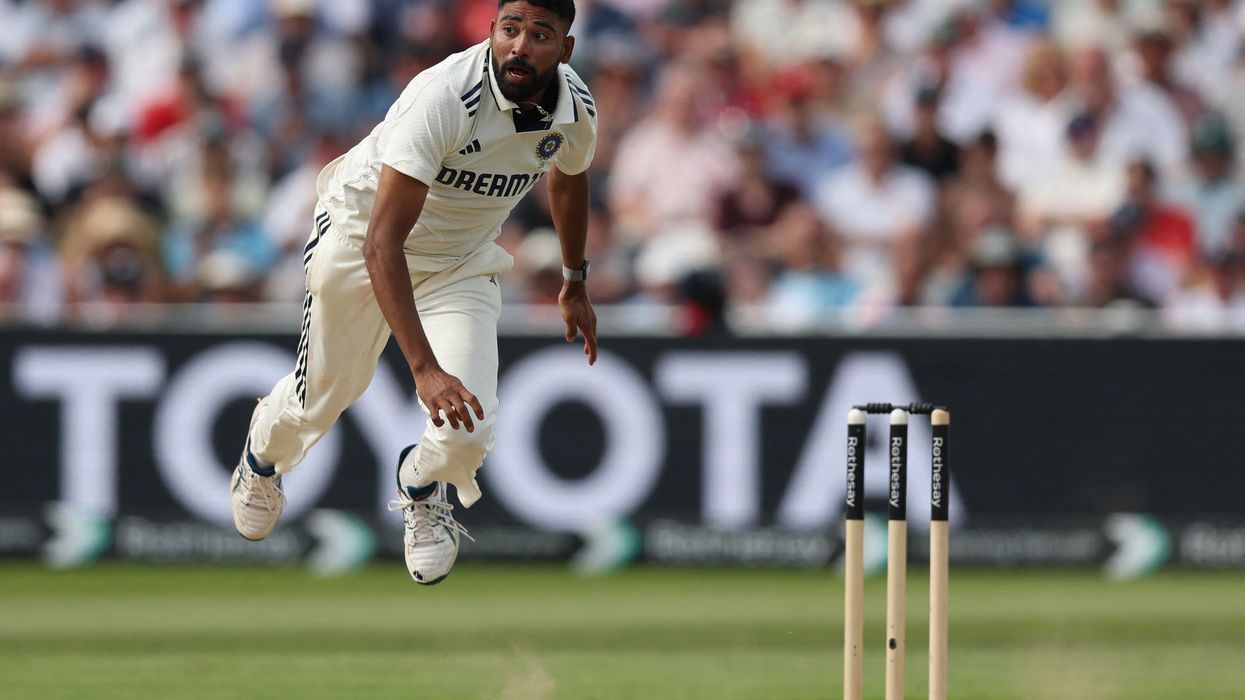


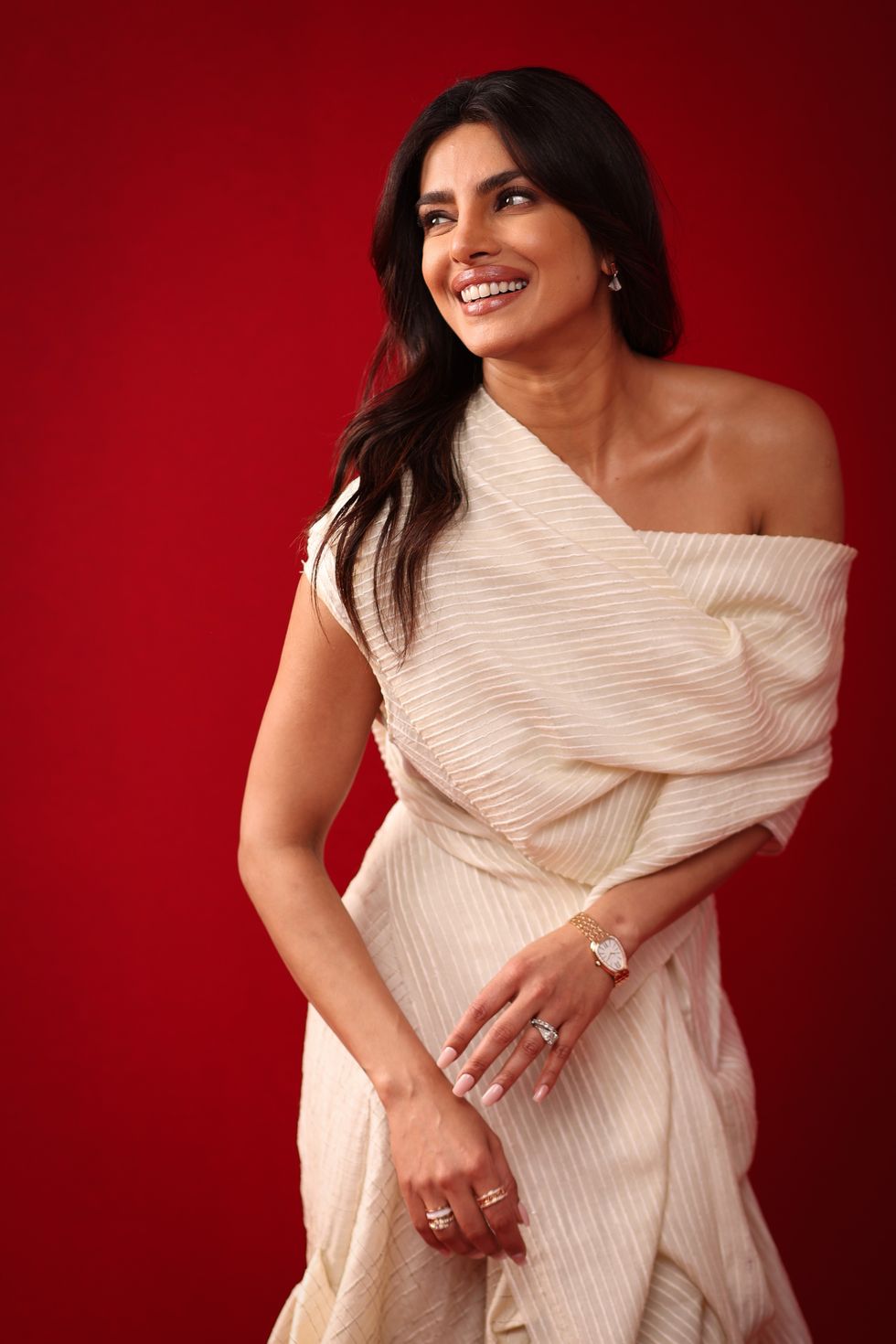 Priyanka Chopra calls herself nascent in Hollywood as 'Heads of State' streams on Prime VideoGetty Images
Priyanka Chopra calls herself nascent in Hollywood as 'Heads of State' streams on Prime VideoGetty Images 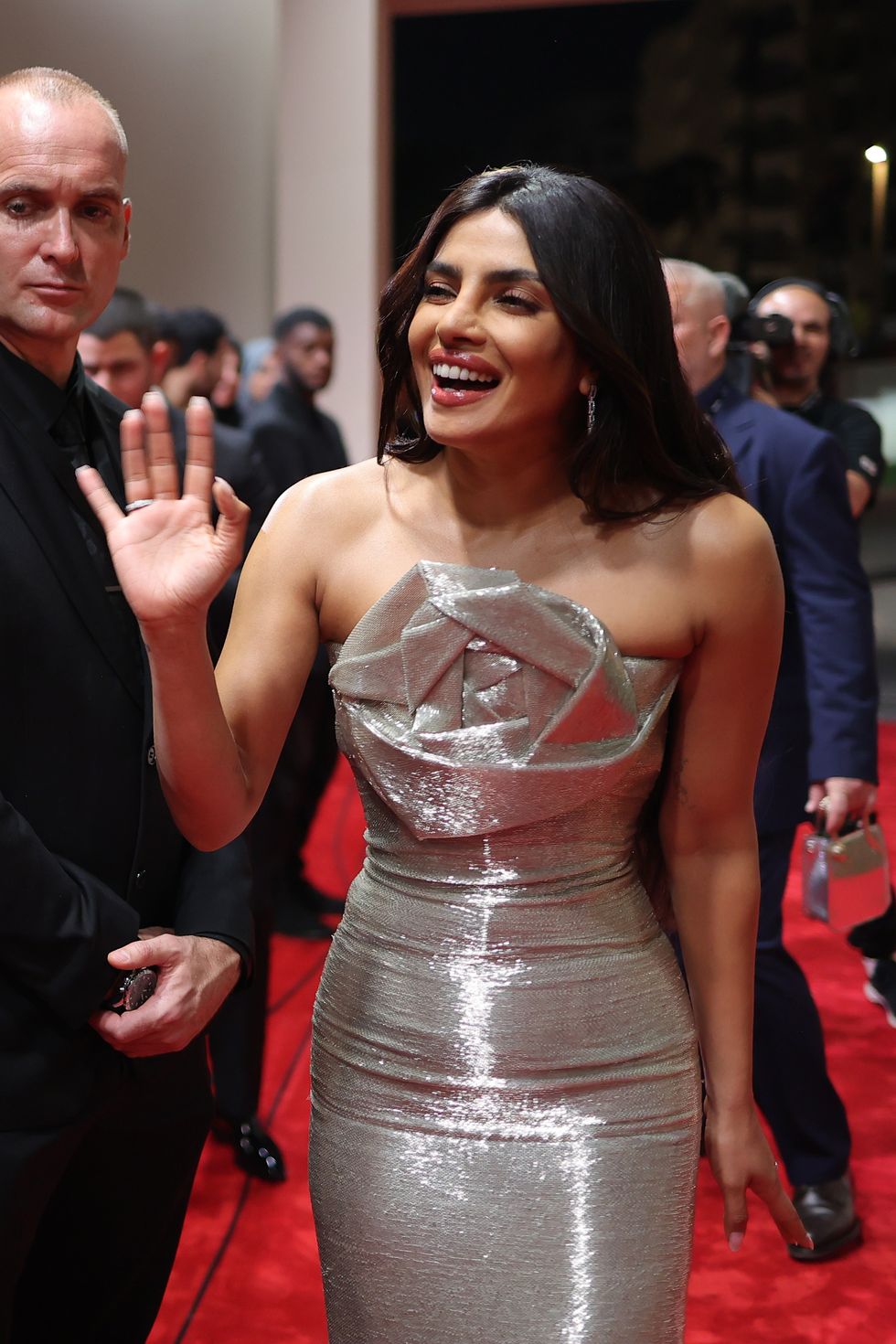 Priyanka Chopra wants to build her English film portfolio after Bollywood successGetty Images
Priyanka Chopra wants to build her English film portfolio after Bollywood successGetty Images 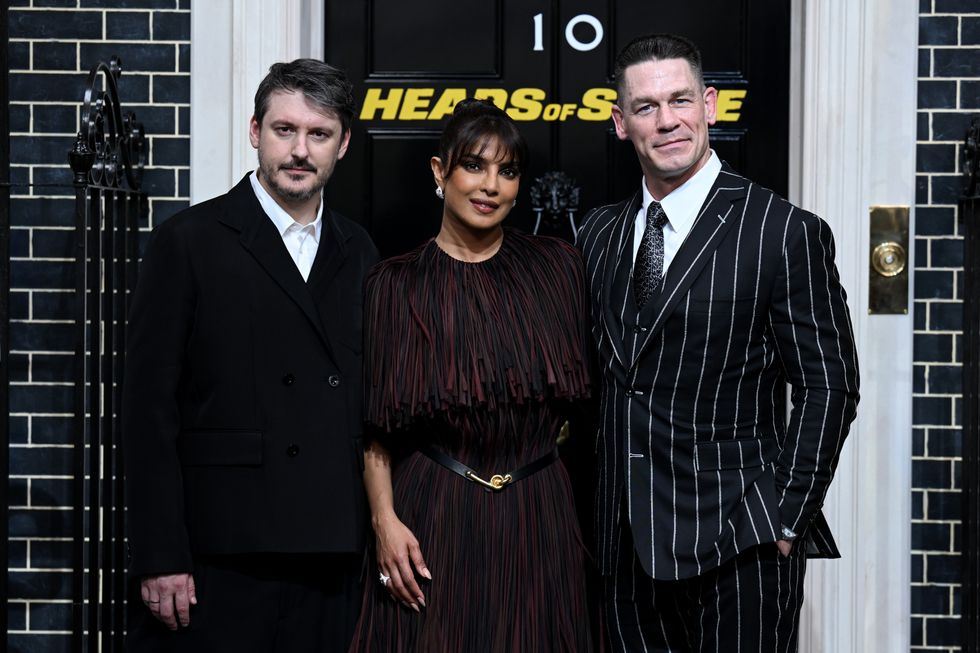 Ilya Naishuller, Priyanka Chopra and John Cena attend the special screening for "Head of State" Getty Images
Ilya Naishuller, Priyanka Chopra and John Cena attend the special screening for "Head of State" Getty Images








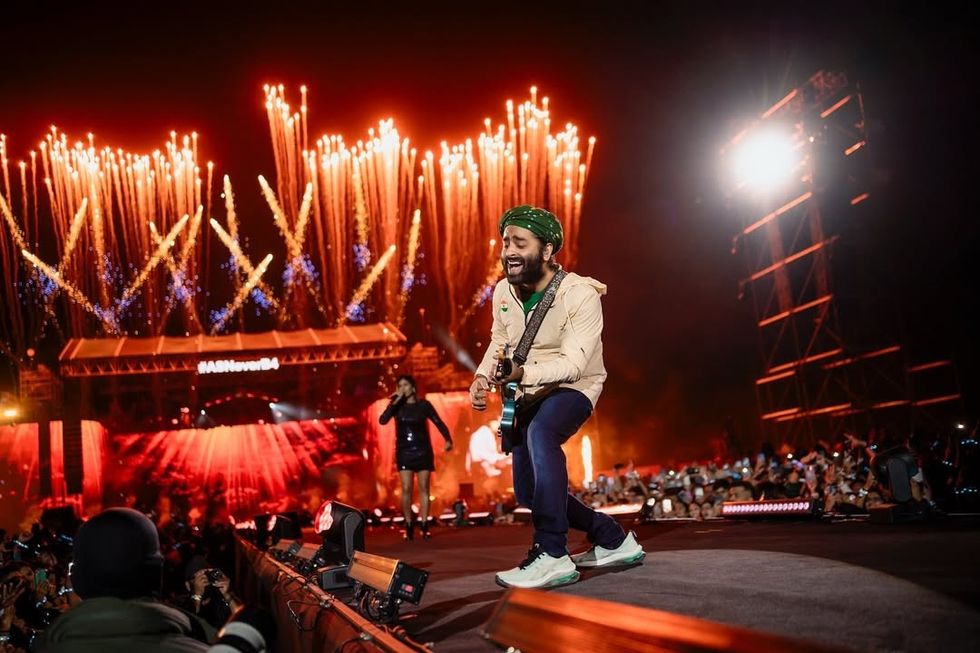 Arijit Singh performing Instagram/
Arijit Singh performing Instagram/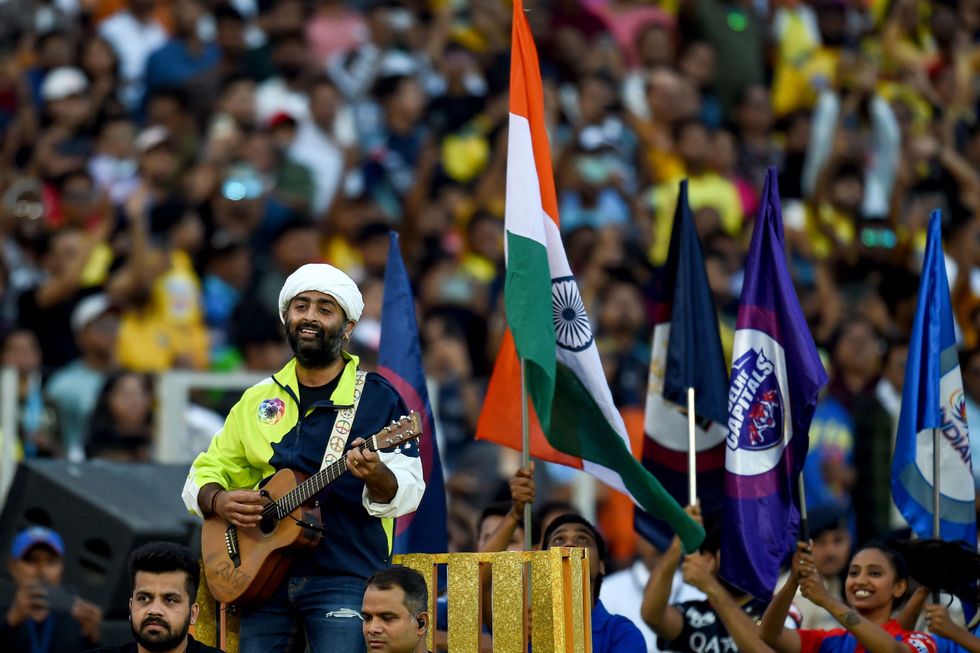 Arijit Singh clicked during a performance Getty Images
Arijit Singh clicked during a performance Getty Images 
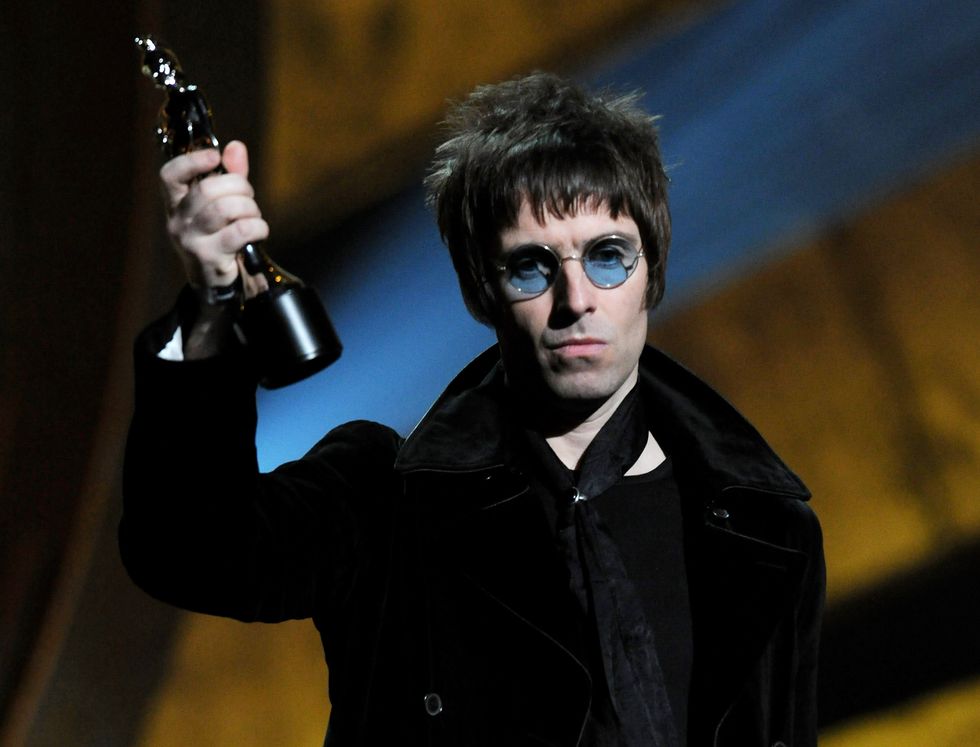 Liam Gallagher accepts Oasis' award for 'Best Album of 30 Years' Getty Images
Liam Gallagher accepts Oasis' award for 'Best Album of 30 Years' Getty Images  Liam Gallagher plays to a sell out crowd at the Universal AmphitheatreGetty Images
Liam Gallagher plays to a sell out crowd at the Universal AmphitheatreGetty Images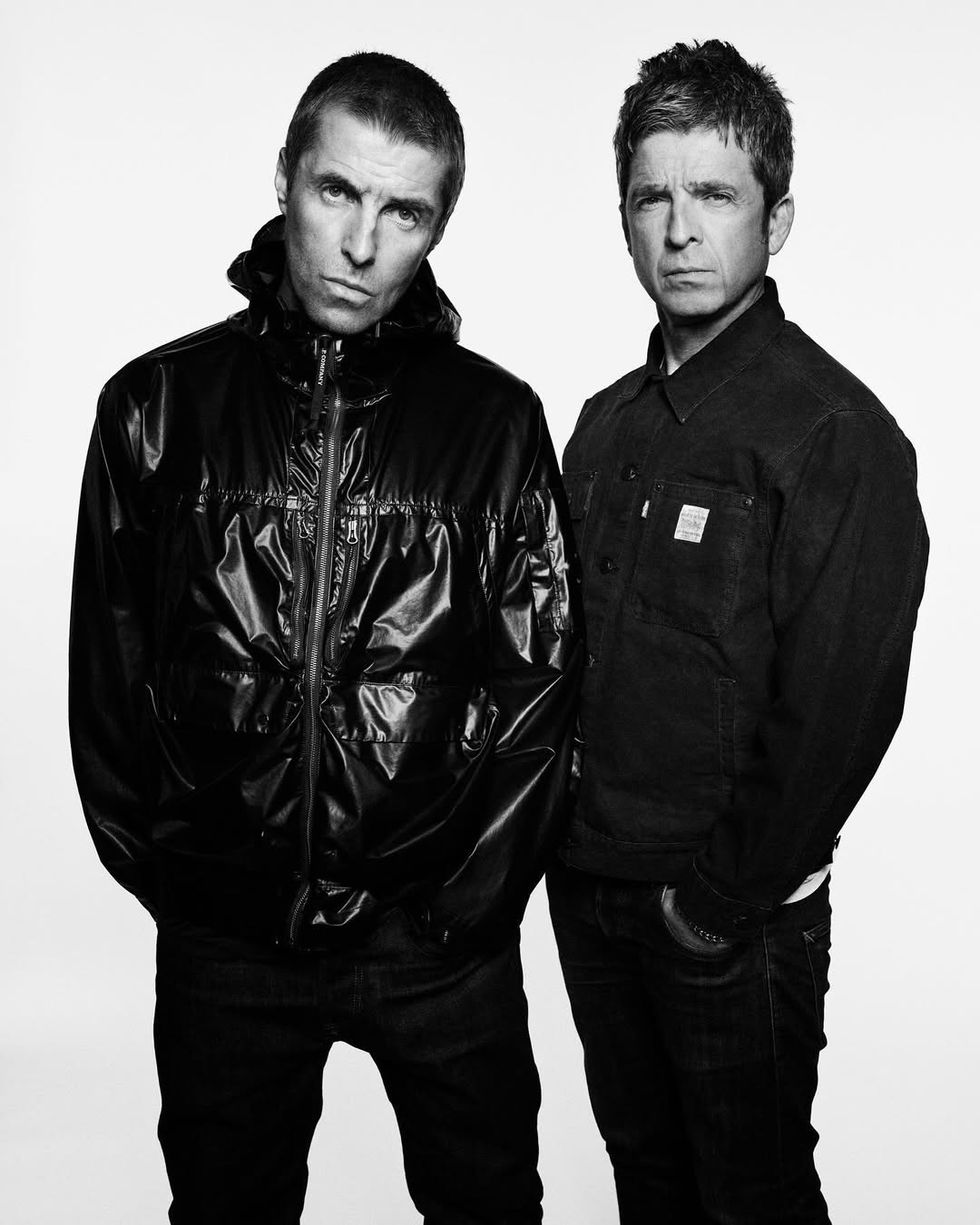 Liam and Noel Gallagher perform together in Cardiff for the first time since 2009 Instagram/oasis
Liam and Noel Gallagher perform together in Cardiff for the first time since 2009 Instagram/oasis 
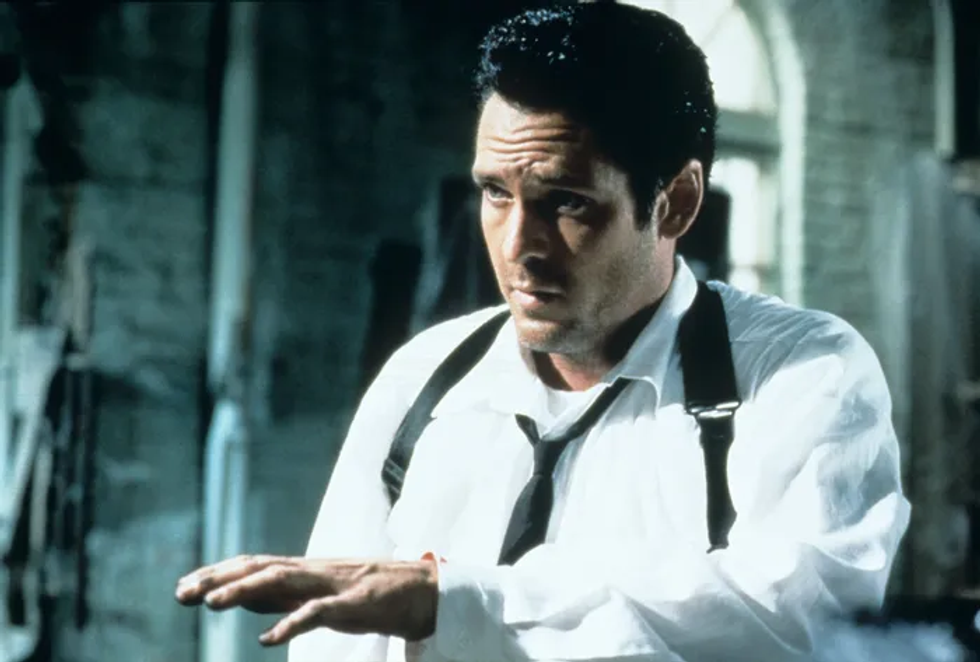 Reservoir Dogs
Reservoir Dogs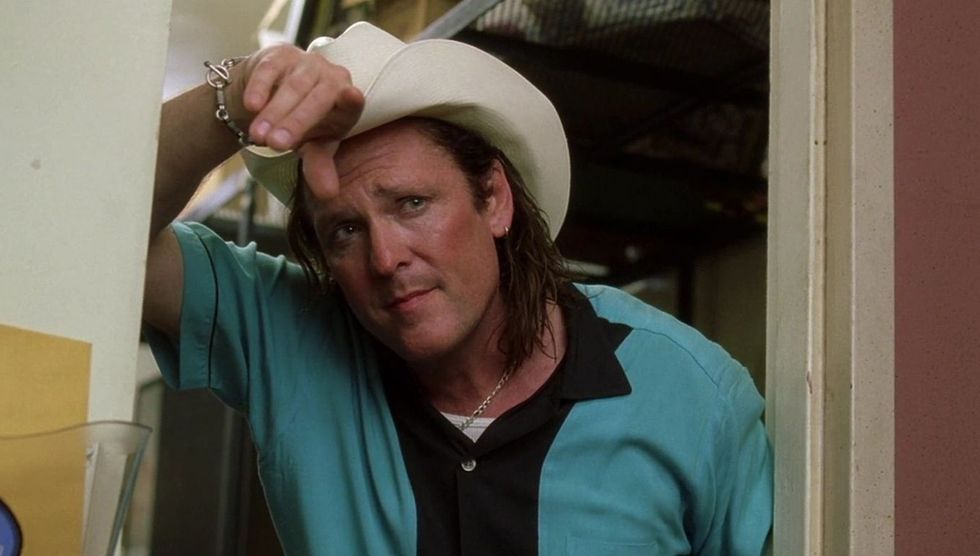 Michael Madsen as Budd aka SidewinderIMDB
Michael Madsen as Budd aka SidewinderIMDB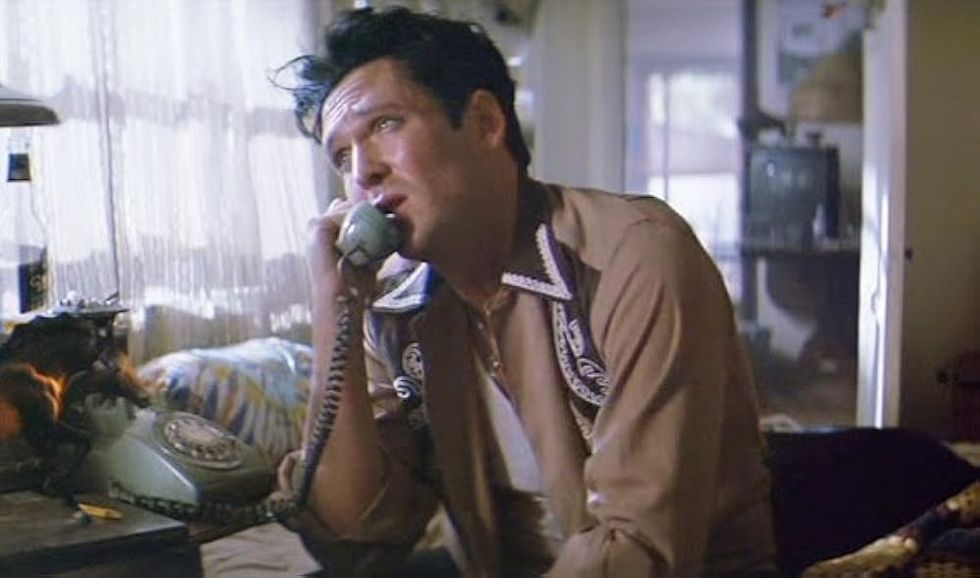 Thelma & LouiseIMDB
Thelma & LouiseIMDB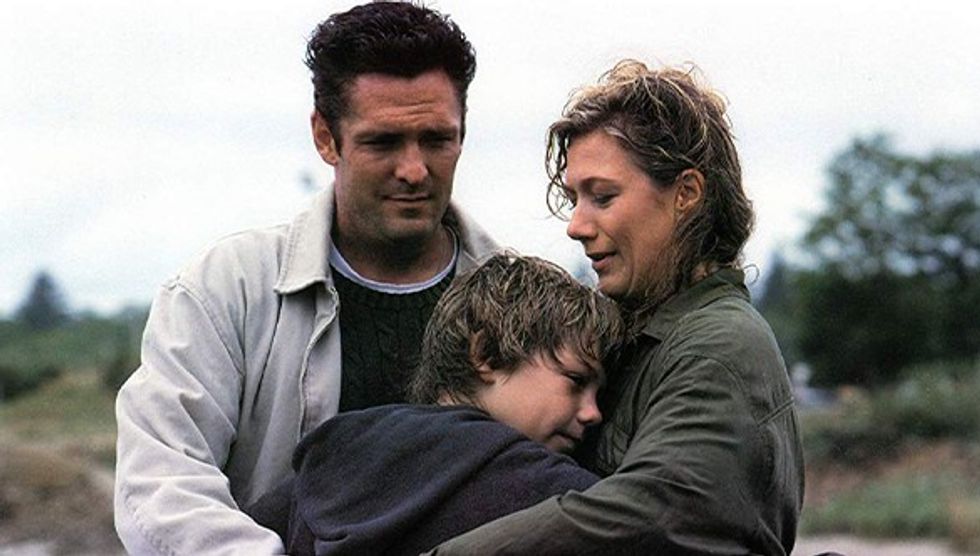 Free WillyIMDB
Free WillyIMDB 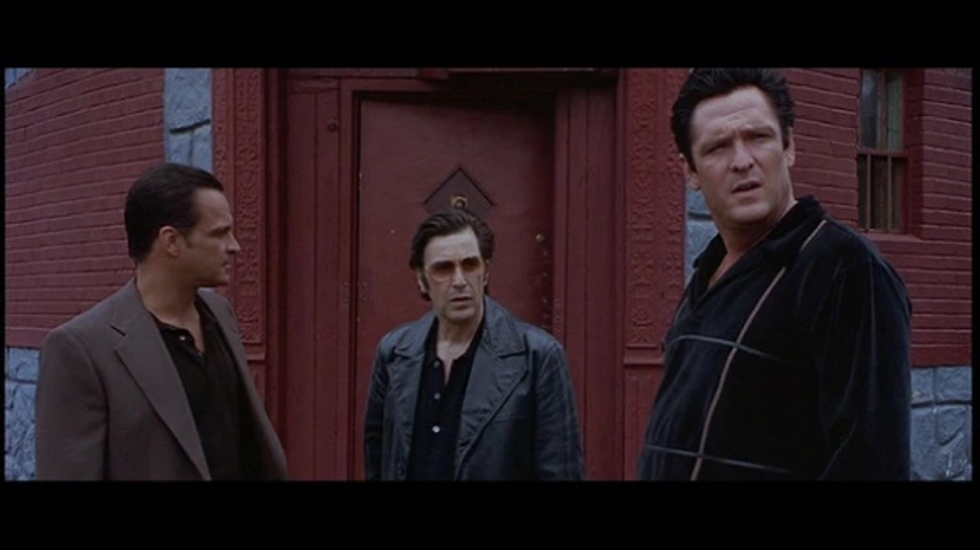 Donnie BrascoAlex on Film
Donnie BrascoAlex on Film 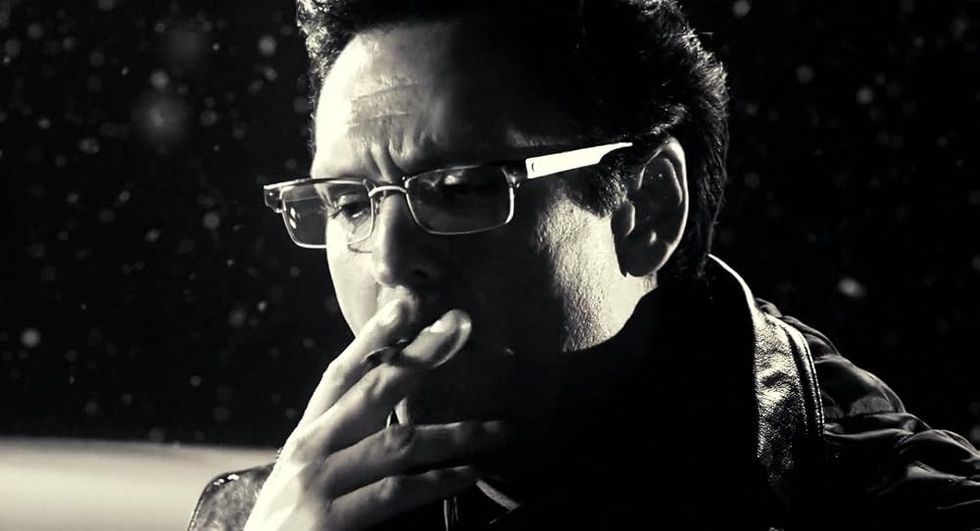 Sin CityIMDB
Sin CityIMDB 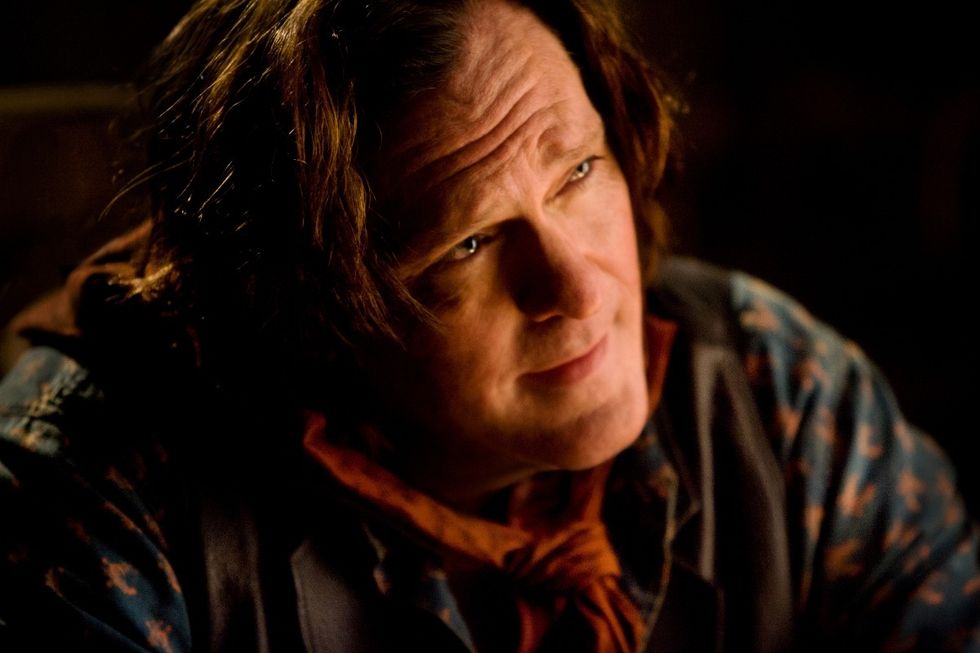 The Hateful Eight IMDB
The Hateful Eight IMDB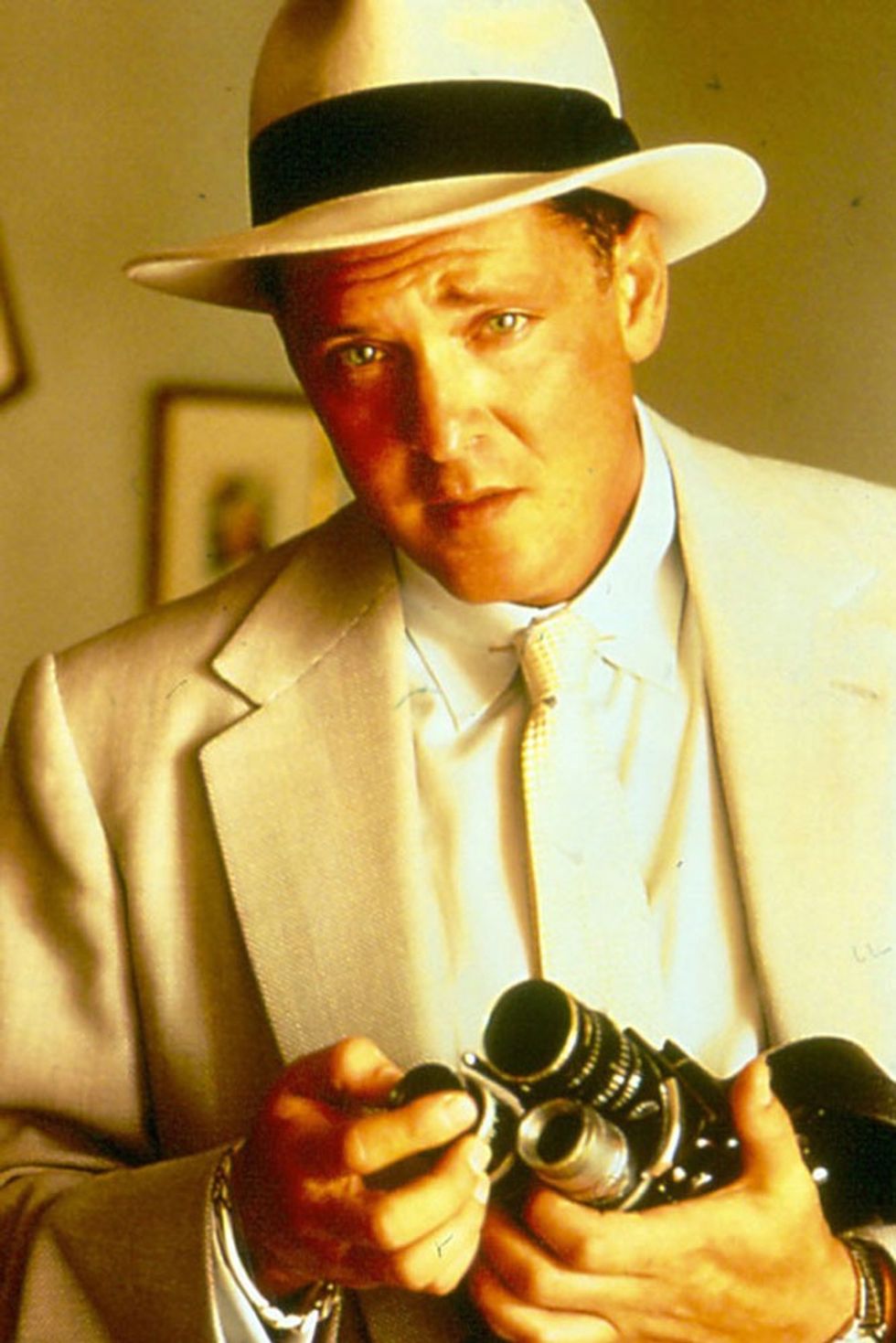 Mulholland FallsVirtual History
Mulholland FallsVirtual History 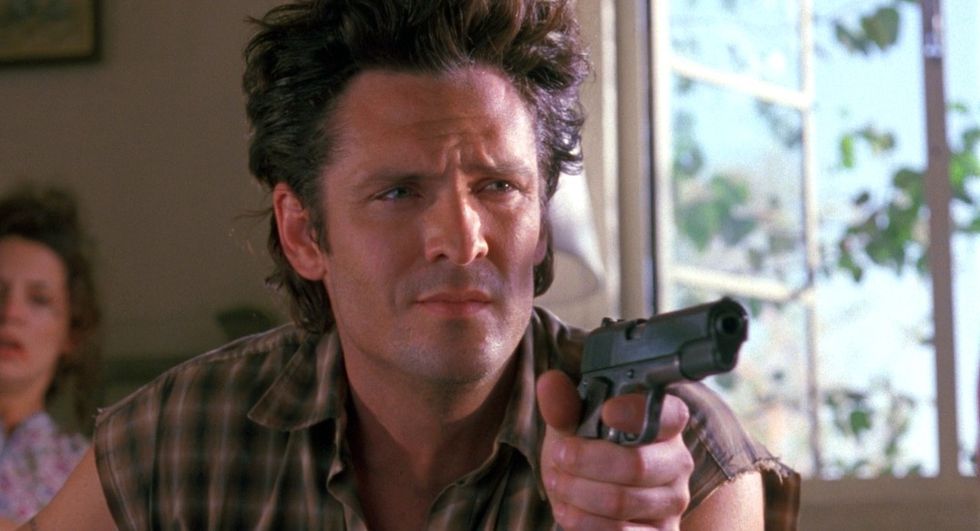 Kill Me Again
Kill Me Again 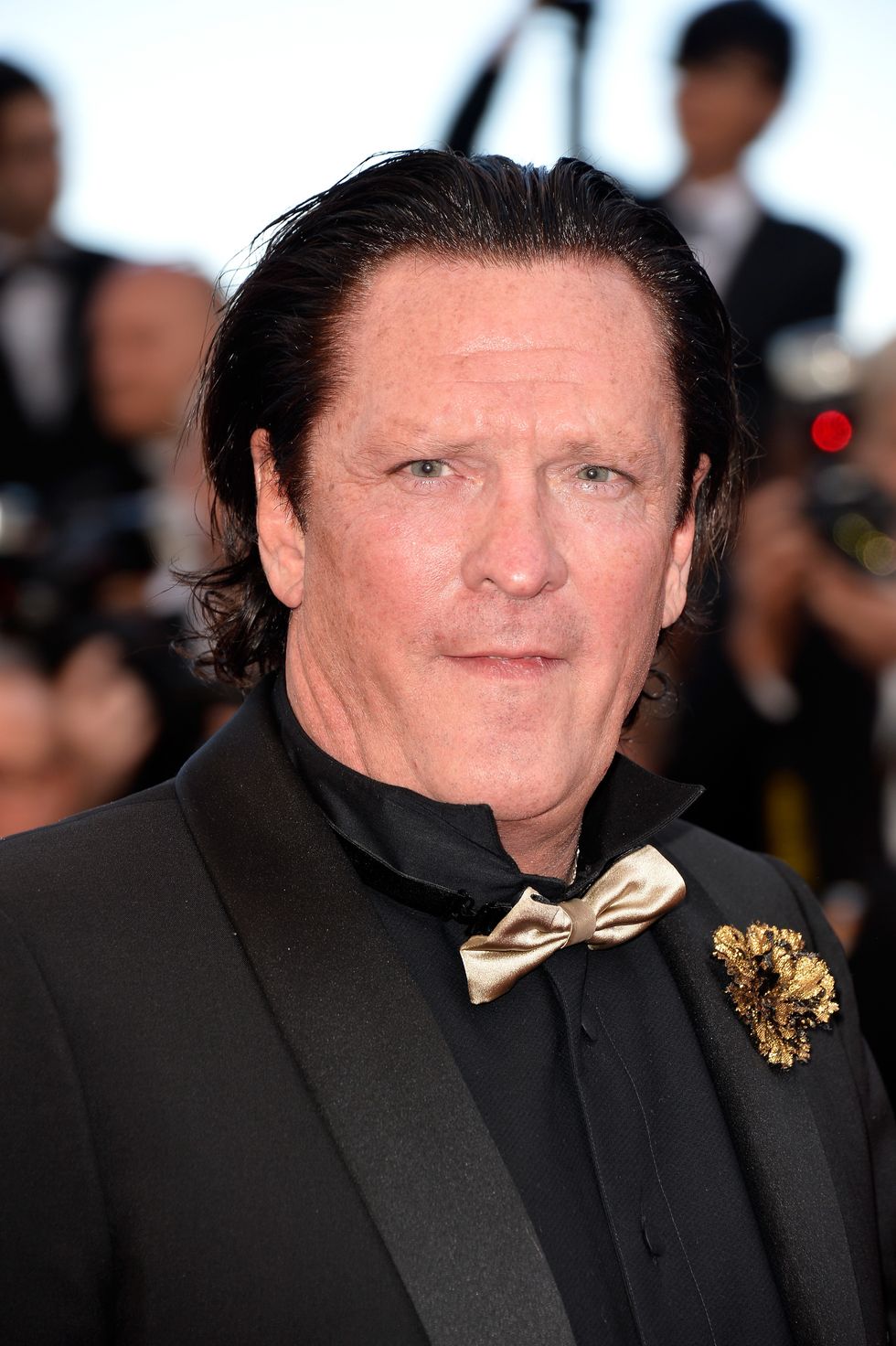 Michael Madsen attends the Closing Ceremony and Fistful of Dollars Screening Getty Images
Michael Madsen attends the Closing Ceremony and Fistful of Dollars Screening Getty Images 
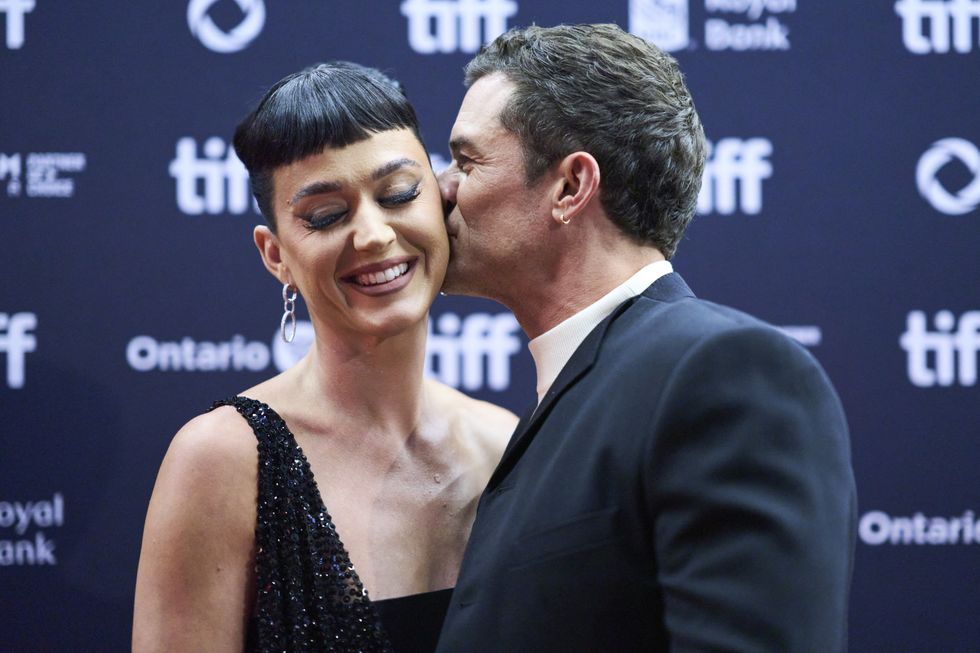 Katy Perry Orlando Bloom Choose Co Parenting Future After Nine YearsGetty Images
Katy Perry Orlando Bloom Choose Co Parenting Future After Nine YearsGetty Images 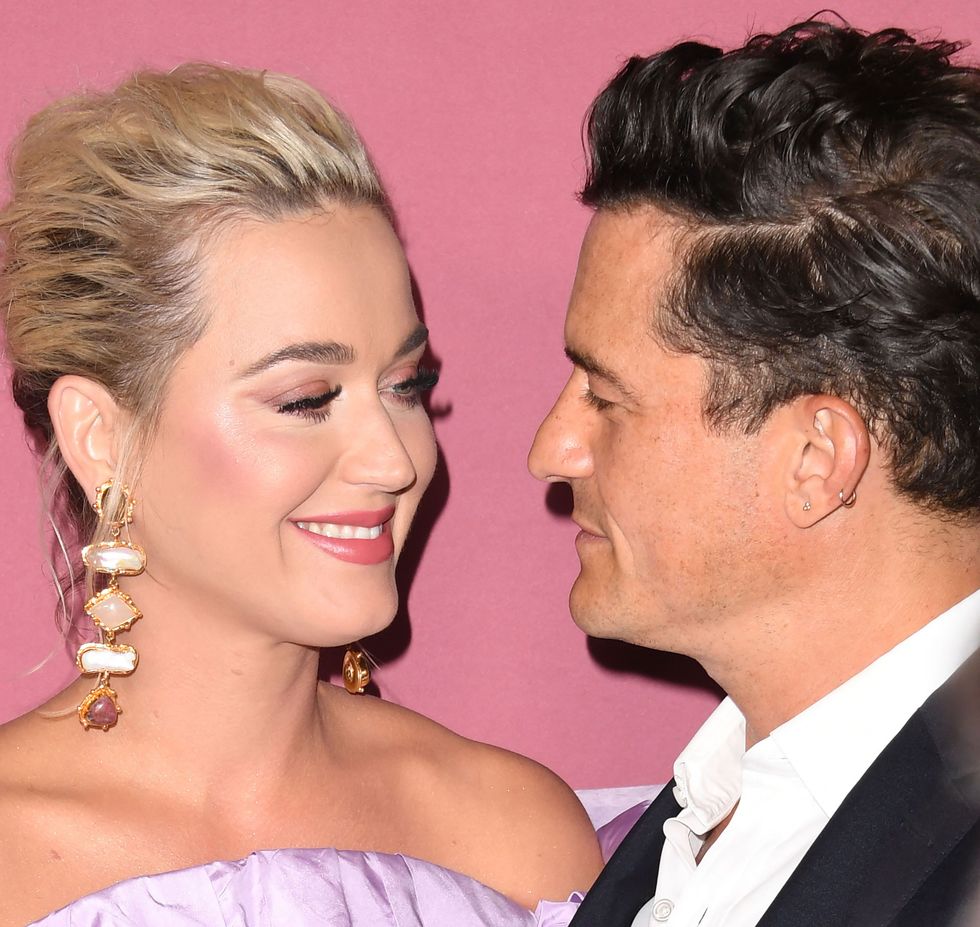 Katy Perry and Orlando Bloom focus on raising their daughter with love and respect Getty Images
Katy Perry and Orlando Bloom focus on raising their daughter with love and respect Getty Images 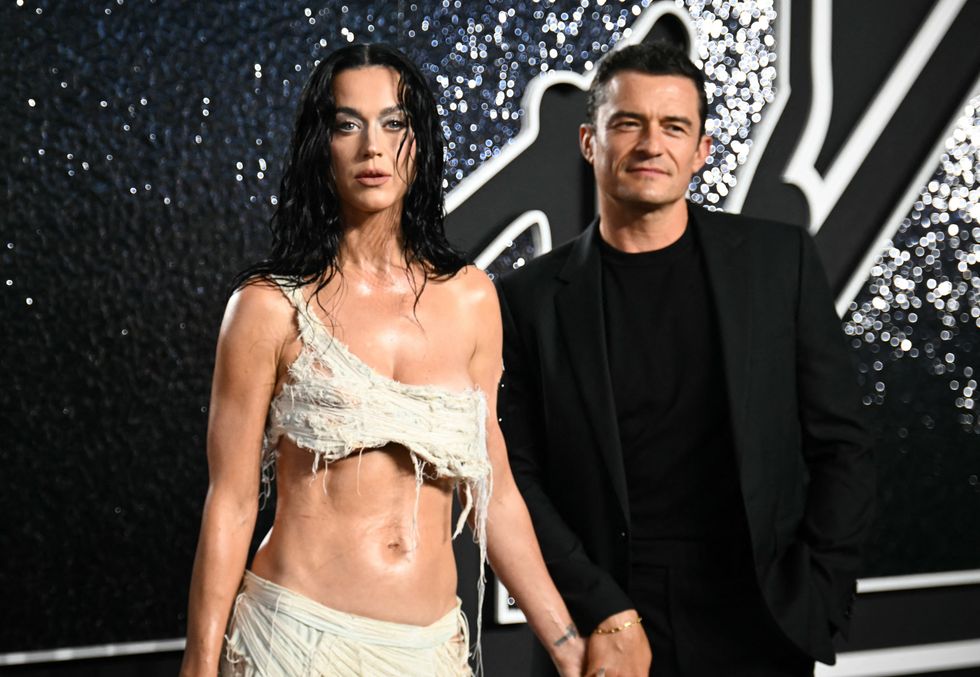 Katy Perry and Orlando Bloom end their long running romance and plan to raise their daughter together as a family
Katy Perry and Orlando Bloom end their long running romance and plan to raise their daughter together as a family